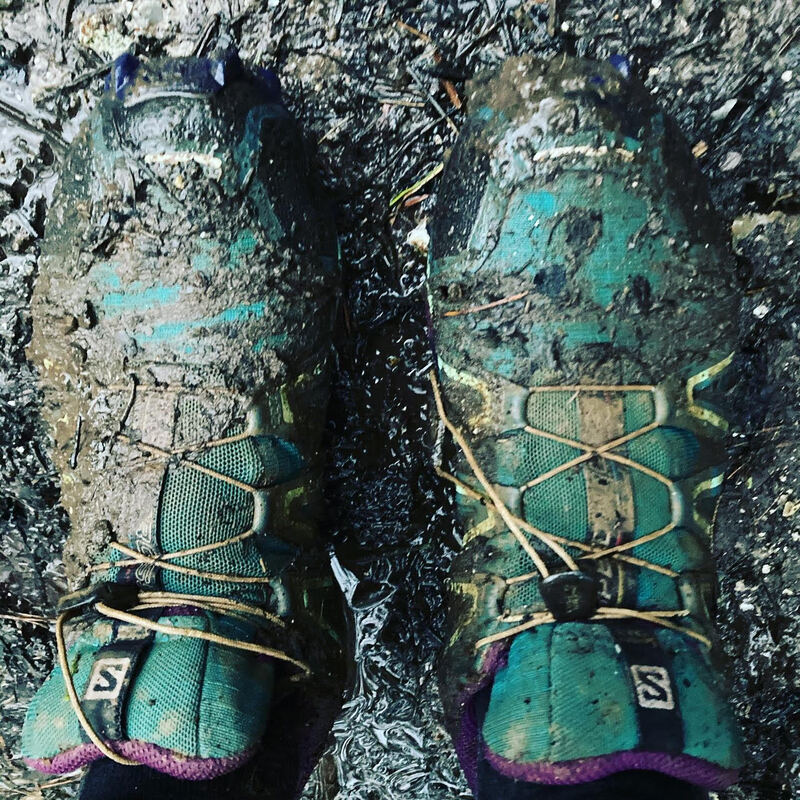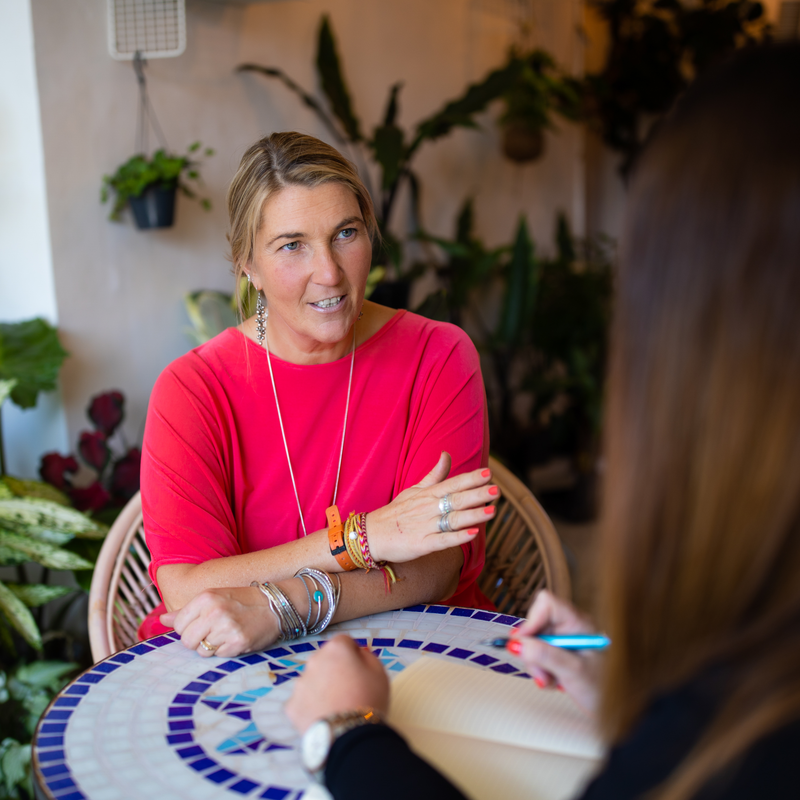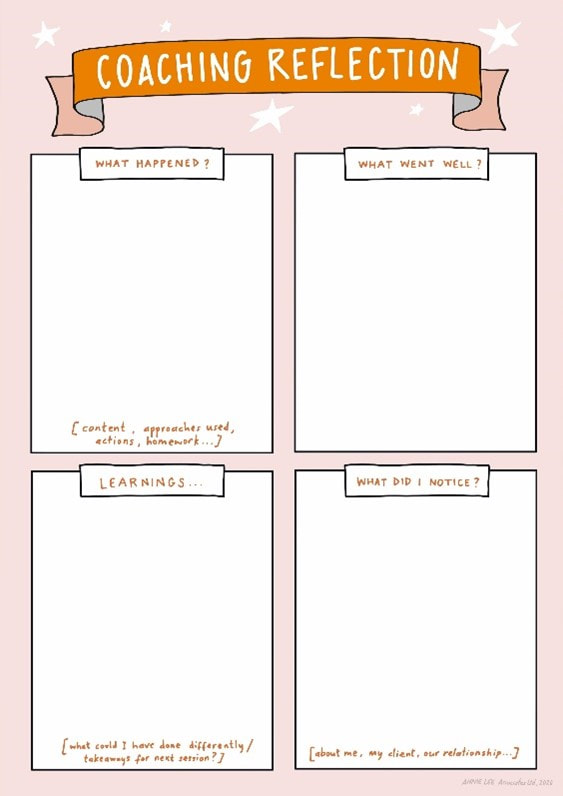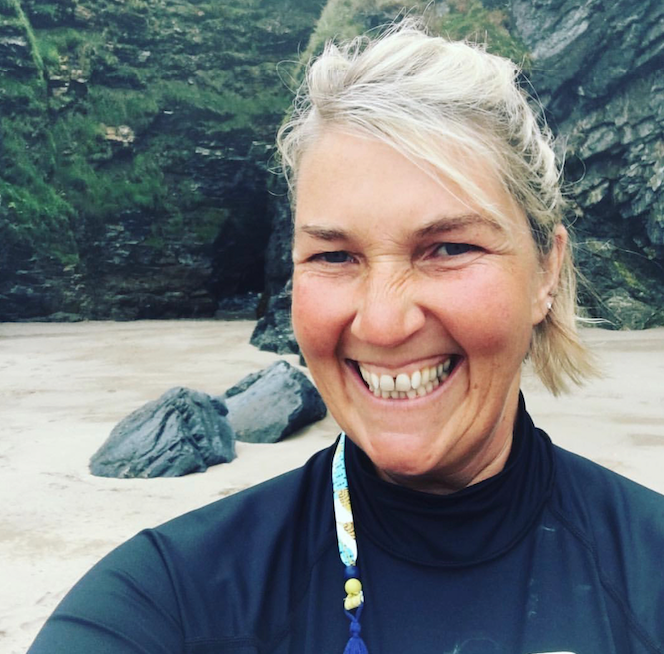|
Last year we operated our first Peak Potential experience! Le Praz, Courchevel, France offered the perfect location for a select group of delegates to explore their personal goals with our expert coaching team, whilst honing their skiing and boarding skills on the piste... Located in a luxury chalet in picturesque Courchevel, close to the biggest ski area in Europe, Peak Potential is the ideal exclusive coaching experience. With daily skiing, expert coaching, incredible trails, and exhilarating mountains the setting was just perfect for beginners, intermediate & expert skiers alike. All delegates arrived open minded and willing to take on an adventure. With the help of experts Annie, Polly & Barney, they took a deep dive into their self awareness and they looked at the connection to and application of their strengths which lead to improved clarity and confidence. Some were even able to identify some hidden barriers to then unlock hidden gems inside. Peak Potential Takeaways
It’s interesting looking back – in the months following Peak Potential, 2 people moved on from their jobs to set up on their own, 1 person switched careers to one that was more in line with her values, another found a better job in a different country, another is in a new committed relationship, and someone else scaled their business!!! All of these things are not just down to Peak Potential buuuut it is interesting to see the amount of change that has happened. “The mixture of coaching and skiing is the perfect combination. The two experiences complement each other so much; because as your skiing improves your mind gains clarity. Annie and Polly are amazing coaches; taking us out on the mountain to run a session will be something I never forget. Barney kept us informed, organised and entertained. I highly recommend Peak Potential; I'll be one who returns! Kate Ashmore, business owner. Next Peak Potential Experience So, what's next? Join us in Le Praz, Courchevel, France ·March 19 - 26 2022 for the perfect post lock down tonic- Skiing, Peak Potential coaching, delicious food, wine and more!
Places are strictly limited. If you would like to chat through how Peak Potential could help you achieve the changes you are after please book a FREE 30-min discovery call or email me if you have further questions. I'm running everyday in 2021!!! There... I’ve said it so I’ll have to do it!!! When change is involved I tend to work best when there is maximum accountability so the more people I say this to the more I will be motivated on those days when I know I will want to pull the duvet back over my head!! So what has motivated me to run a mile a day and why do I think there are some useful takeaways here? This is all about behaviour change – a topic that we’re all grappling with during the current pandemic. Ultra-inspiration Last year I set myself the challenge of running an ultra marathon which unfortunately I just couldn’t complete as COVID scuppered my training plans. This year I have decided to be more gentle with myself – definitely a theme for this year and probably it’s been a long time coming – more on that another time!! The challenge of running at least mile a day really feels doable but also a big fat challenge as I know there’ll be days when I really don’t want to go out! My original inspiration for the ultra came from reading the fantastic book The Rise of the Ultra Runners by Adharanand Finn. Finn explores the psychology of running ridiculously long races and the fascinating ride that the mind goes through. What struck me is that very often, despite having gone through pain like us mere mortals can’t begin to imagine and fighting the demons in their heads, the athletes will feel a huge sense of anti-climax when passing the finishing line!! So the way they battle this is by staying in the present all the way through, some don’t take watches & take no notice of mile markers so they are purely living in – and savouring the moment. Something to maybe think about as we face the challenges of a pandemic? As for me running an ultra… it is still very much on my agenda but I’m going to put it in the diary for 2022… a fitting way to celebrate being 50 I feel… run 50km!!  Mile a day minimum Running every day was sparked by listening to my favourite podcast Slo Mo with the utterly brilliant Mo Gawdat. His guest was Joe de Sena the extreme sports and endurance nut! His mission is to get 100 million people off the coach by creating what he calls a ‘spartan lifestyle’. One golden nugget from that podcast stuck with me… if you can’t give me 1 mile a day everyday you don’t deserve a healthy body. Wow…. With the year idea still not fully formed I began to run daily with Red Together in January. This is a community that initially started to inspire, support and share ways to get active for mental health. January seemed like the perfect month for such an initiative, providing an opportunity to kick-start the year in a positive way. REDs aim is to ‘get active every day, to beat the blues away’ which I really resonated with. A few days in I planned to continue to run throughout the whole of lockdown and quickly after that I went public with my intention to run every day for the whole year!!! The minimum distance I have set for myself is 1 mile so even if I’m feeling rough it should still be achievable. Nearer the end of the year I will be looking to raise sponsorship money in aid of Sport in Mind a charity that lends a helping hand to people experiencing mental health problems in the South East and Dorset. If you’d like to help keep me motivated by donating a couple of quid, please do so here > I am absolutely loving the benefits of building this daily practice, I feel stronger both physically & mentally & love the lack of decisions I now make around running!! No more am I or aren’t I…. I just AM!!! How to change behaviour – the basics Your life today is essentially the sum of your habits. How in shape or out of shape you are? A result of your habits. How happy or unhappy you are? A result of your habits. How successful or unsuccessful you are? A result of your habits. What you repeatedly do (i.e. what you spend time thinking about and doing each day) ultimately forms the person you are, the things you believe, and the personality that you portray. Everything from procrastination and productivity to strength and nutrition – starts with better habits. When you learn to transform your habits, you can transform your life. James Clear writes brilliantly about habit formation, read more here > Three of the most useful techniques for changing behaviour are goal setting, action planning and self-monitoring. Both outcome and process goals are vital for behaviour change. One is unlikely to work without the other. Clear, measurable outcome goals or targets can really help clarify what you want to achieve, and process goals are essential to know the action steps required to achieve this. Goals should be specific, realistic, broken down into small manageable steps and goals should be important. Setting specific action plans increases the likelihood of intentions (i.e. the goals that have been set) turning to behaviour (i.e. the desired actions to reach the goal). In other words, if you plan it, you are more likely to do it! Self-monitoring helps to give a sense of achievement as you “tick” off progress. It gives an incentive to persist with behaviour change (as they want to be able to tick off their progress – seeing your behaviour written down can be a powerful thing). It also provides an account to help you review progress. Read more about habits and how to make behaviour stick here > The key to successful behaviour change is repetition so that’s it… I’m off for a run!! If you would like to chat through how coaching could help you go the extra mile to achieve the changes you are after please book a FREE 30-min discovery call or email me if you have further questions. As a member of the 2020 cohort on the Barefoot run PG Cert in Coaching Supervision, we started in typical fashion by analysing what we all understood by the term supervision. Easy you might say… it’s where a coach takes ‘stuff’ they’re finding challenging & the supervisor helps them think it through… isn’t it? But what sort of ‘stuff’ is appropriate? How exactly does the supervisor help? Is it only challenges the coach can take? What if the coach doesn’t feel they can admit to finding things tricky? How is coaching supervision different to therapeutic supervision? How can people new to coaching be assured that the investment will be worth it? And last of all the biggy – at least for a number of our cohort… how is supervision different to coaching a coach? All of these types of questions rattled around our heads & popped up in conversations. Now here is my confession – I didn’t actually go to supervision in the first 18 months post qualifying because I didn’t think I had anything worthy of taking and I was a bit scared. OK… a lot scared! For many reasons which I won’t go into here, I felt that supervision was for ‘real’ professionals and that I still didn’t have enough 1:1 clients to warrant it. I also felt a little too wobbly to, in my mind, air my dirty washing in a public setting. I felt that I would be exposed as a sub-standard coach somehow or that my coaching was going to be scrutinised. Thinking back, I had very little understanding of what supervision was & how it would be of benefit. So, what would I have needed to hear then that would have given me the insight into the extraordinary benefit I now find from supervision? What exactly is Coaching Supervision? When asked this question initially I leapt to the ICF definition however I’m not convinced that would have helped me back when I was newly qualified. Firstly, I think I would have needed to hear a layman’s terms definition, something like: ‘Coaching Supervision helps you become a better coach and a better reflector!!’ Then I’d probably need a bit more detail… maybe: ‘Coaching Supervision provides a space for reflection alongside helping to develop your reflective capability leaving you better able to develop as a coach. It provides you with a mixture of support, education and a place to sense check ethical and boundary questions.’ Ah now we’re getting somewhere! How about ‘It’s an extension of your learning, an integral part of your continual professional development designed to support your growth as a coach.’ Yup I think that would have convinced me! Fast forward to when I obviously did feel confident enough (I’m not sure what the turning point was) and I started to realise that supervision wasn’t about having your coaching analysed or picked apart, it was far more of a supportive & empowering process. Coaching can be a lonely profession and therefore working with a supervisor or in a supervision group gives you not only a sounding board but also ensures that you are accompanied on your journey. It can feel a bit like a safety net at times and yet there are still periods when the net gets bouncy & mildly uncomfortable… that’s inevitably where the magic of learning is happening! Being accompanied also gives you an opportunity to see things from a different perspective. Peter Hawkins defines supervision as; “The process by which a Coach with the help of a Supervisor, can attend to understanding better both the Client system and themselves as part of the Client / Coach system, and by so doing transform their work and develop their craft” (Hawkins and Smithe 2006). This leads to an often coined term of Coaching Supervision being known as Super-Vision – in other words the process itself is enabling the client to have a wider perspective – a meta picture of what is going on in the coaching relationship. What are YOU bringing to the role of coach, what is the client bringing & what is happening within the relationship? These questions have led to my biggest learning from the PG Cert so far… that of the importance of reflection. Golden nugget Despite my assessing others on their reflective capability as part of my role as a Barefoot tutor my own reflective practice had fallen by the wayside. I had a habit of capturing what had happened – the ‘data’ as our tutor Diane Hana would say - and not going into any sort of depth on paper. I tended to do most of my deeper reflecting in my head but never went through a structured process & certainly didn’t consider what I noticed about me, my client, our relationship and the wider system. The PGCert has highlighted just how much we can gain from deepening our reflective practice – even in the way the course is run – WAY more discussion and WAY less slides than my original course. This has led to a whole new practice for me and, with the help of a fabulous illustrator friend, we created a template for my reflections. This practice not only helps with my unreliable memory but more importantly helps me deepen my understanding of the client and also myself as a coach ensuring that my clients get the best of me in every session. I now diarise time to reflect on my reflections too…. I know, I know there’s an awful lot of reflecting going on but THIS is where the magic happens. It helps me see patterns & helps me figure out what would be of real benefit to take to supervision. So not only am I learning to be a supervisor, I am also learning to be a better coach in the process.
If you would like to chat through how coaching could help you achieve the changes you are after please book a FREE 30-min discovery call or email me if you have further questions. |
AUTHOR: ANNIE LEEAnnie is a coach, coach supervisor & coach adventurer! Warmth, depth & joy sum her approach up in a nutshell! CategoriesArchives
May 2024
|







 RSS Feed
RSS Feed
